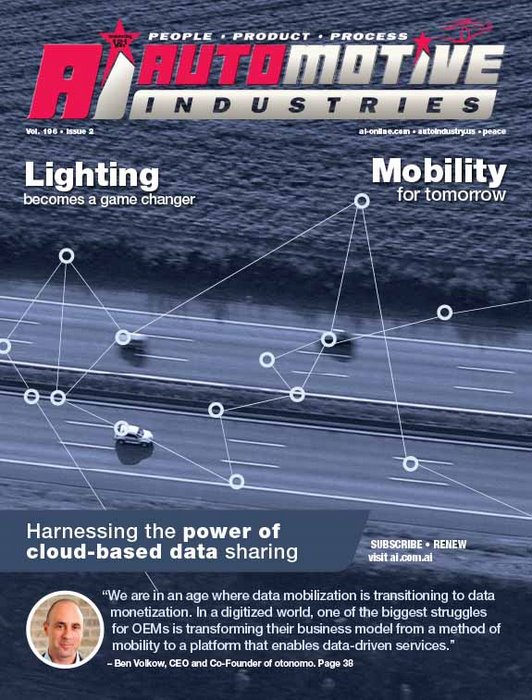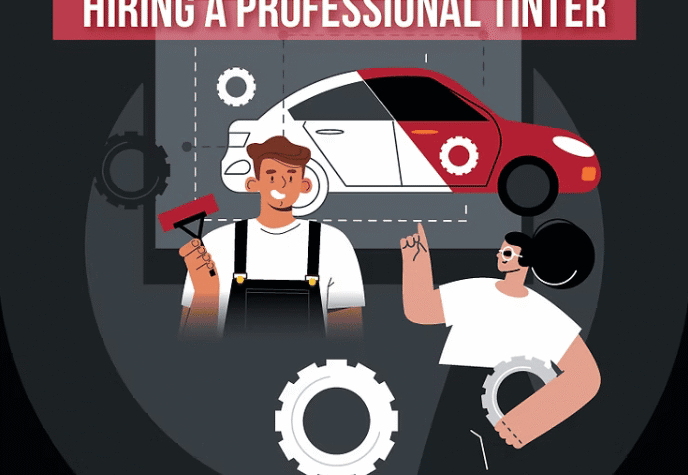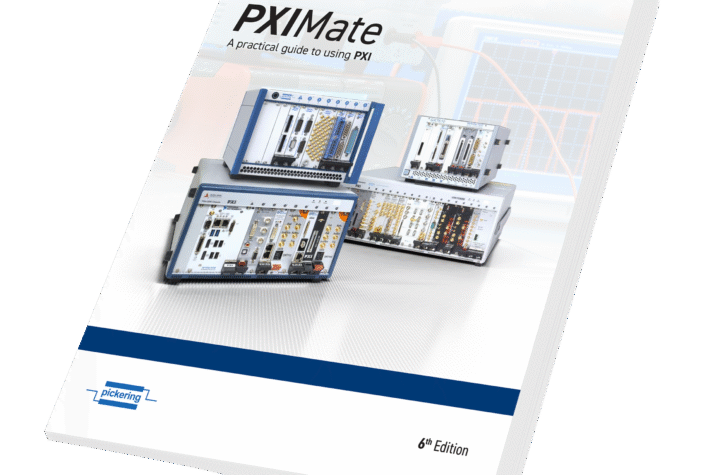
It is estimated that by 2020 there will be nearly a quarter of a billion connected vehicles on the road, and they will change the way people use their cars.
“The increasing ability of cars to exchange data with the outside world holds great potential to revolutionize the driving experience,” says Dr Dieter Zetsche, Chairman of the Board of Directors of Daimler. His sentiments are echoed by Carlos Ghosn, Chairman and CEO of Nissan and Renault, who has stated “it’s clear that consumers expect to be connected wherever they are, and that includes the time spent in their automobiles”.
Israeli company otonomo is helping OEMs to cash in on this growth by using a cloud-based solution for the connected and autonomous car ecosystems. It has raised US$12 million in financing through Silicon Valley venture capital firm Bessemer Venture Partners and Stageone Ventures. Additional participants in the round included Maniv Mobility, and LocalGlobe.
otonomo has already started trials with car manufacturers and providers of car services. New revenue-generation opportunities have been recognised by the industry. “As our vehicles become part of the Internet of things and as consumers give permission to us to collect that data, we’ll also become an information company,” says Ford President and Chief Executive Officer Mark Fields. Founded in 2015, Tel Aviv-based otonomo provides a multi-layered security approach that includes strong encryption, layer 7 Firewall, data anonymization and field validations. Using its advanced 4×4 Real-time Policy-enforcement Engine, otonomo’s platform ensures compliance to regulations, and complete control over data privacy from both the OEM and the car owner’s perspectives. otonomo also takes care of the commercialization aspect of the car data exchange, offering comprehensive auditing and billing functionality.
Automotive Industries (AI) asked Ben Volkow, CEO and Co-Founder of otonomo, what are the benefits to the car industry to have a single platform.
Volkow: The benefits of unifying behind one common platform are that OEMs will be in a stronger position to attract partners from the information technology and data transmission. There is an added value when offering high volume and coverage for both the vehicle and the occupants. If the OEMs choose to build their own platform Silicon Valley players – who are resourceful and have a competitive advantage in software development, will have an easier time entering the auto data play. Fragmented and weak OEMs will have a hard time attracting services, as individually they represent relatively small markets.
AI: Car makers have spent billions on collecting data. How can they safely monetize this information?
Volkow: There are many challenges when monetizing car-generated data, the main one being formulating regulation around data privacy. This is where concepts like “Natural Server” are coming into their own. This will enable sharing data while meeting local government policies and different standards. We are working closely with OEMs and regulators to offer a safe and secure way for OEMs to share their data.
AI: What does market research suggest in terms of full connectivity in the automotive industry?
Volkow: We are in an age where data mobilization is transitioning to data monetization. In a digitized world one of the biggest struggles for OEMs is transforming their business model from a method of mobility to a platform that enables data-driven services. It is expected that 98% of new cars will be connected by 2020. Most new models made by the majority of OEMs are already coming out connected.
AI: How can car data services create better and safer cars and help sell new vehicles?
Volkow: Car data services need to improve the overall car ownership experience beyond traditional offerings. They can do so by introducing new features throughout the car lifecycle to meet the consumer demand for convenience, connectivity and efficiency. There are many ways in which we can utilize car generated data to meet these requirements and improve the driving experience. For example, if we can predict breakdowns before they happen and notify the owner of the issue before the component fails, getting stuck on the side of the road and waiting for a tow truck will be a thing of the past. The component can be delivered to the nearest garage or even installed in your home or office ahead of time.
A car is safer when drivers can receive real time alerts on road hazards and the local municipality can use these notifications to improve road safety and infrastructure. We have the ability today to automatically detect a crash and provide emergency services with real time information before they arrive to the scene. This data dramatically improves the actions of first responders and trauma care professionals when arriving at the scene of an accident.
AI: In the “data game” how can car makers monetize data and retain a large percentage of the revenue for themselves?
Volkow: Car makers need to be early adopters and embrace the “data game”. By monetizing data they will have a business model in place to compensate for any reduction in new vehicle volumes due to consumers in some markets focusing on mobility rather than vehicle ownership. Car data offers high margin revenues and an ability to ensure positive customer experience – all wins for OEMs.
They can achieve this getting into the game as early as possible, and by adopting Silicon Valley technology and software services business concepts. Car manufactures already understand that this new business will more than compensate them for the possible future revenue loss in car sale revenues in the shift to autonomous cars business models.
AI: What will the connected car exchange mean for industries such as the insurance industry?
Volkow: The connected car exchange and market place for data will help many industries remove the operational pressures and costs of installing hardware component, and allow them to focus on their core business – which is to transform the data collected to actionable products. Sharing data will also reduce the incidence of fraud and create a more efficient claims management process. Insurers can also connect to relevant marketplace partners to increase their solution offerings and client loyalty.
AI: What has your recent round of financing meant for otonomo?
Volkow: This strong show of confidence in the company has enabled us to double our workforce, grow sales and accelerate business development.
AI: What plans do you have to ramp up operations?
Volkow: We are currently ramping up our engineering team, as well as placing professionals on the ground in the different markets to support existing customers and car on-boarding.
AI: What are your predictions for the future of autonomous and connected vehicles?
Volkow: The rollout of autonomous and connected vehicles is growing at such a rapid pace that it may exceed many of the current predictions. Car data facilitates the evolution of technologies for both connected and autonomous cars. The importance and size of this market will grow rapidly, with connectivity being a standard feature in all new cars. Car data will, ultimately, pave the future of autonomous cars and OEMs.












More Stories
Cybord warns of dangers of the stability illusion
Automotive Industries interviews Bahar Sadeghi, Technical Director, Car Connectivity Consortium (CCC)
Hexagon’s MAESTRO reinvents CMM systems through digitization